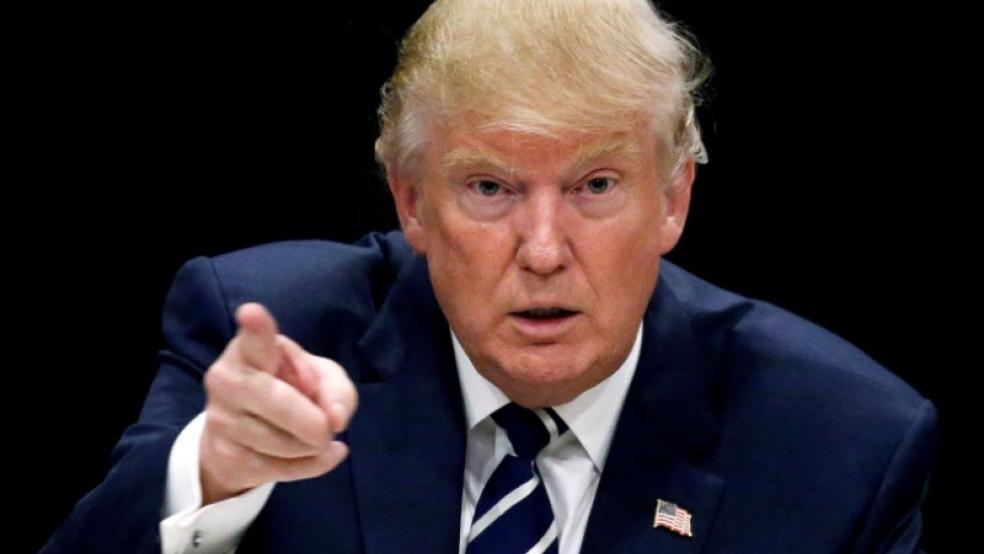President-elect Donald Trump rattled a lot of people Thursday afternoon when, seemingly out of nowhere, he began tweeting about nuclear weapons. It was unclear whether Trump was calling for more nuclear weapons, better ones or both. As with much of what the public learns from Trump on Twitter, the 140-character limit leaves little room for nuance.
“The United States must greatly strengthen and expand its nuclear capability until such time as the world comes to its senses regarding nukes,” was his exact wording.
Related: Russian State Media Warns that Trump Is Facing a ‘Coup d’Etat’
At first, it appeared to simply be another example of Trump just venting whatever stray thought is passing through his head at the time, only this time with much more alarming subject matter. He had already tweeted about a vote on Israeli settlements being held at the UN today, and had subtweeted his occasional adviser Newt Gingrich, denying claims by the former Speaker of the House that the phrase “drain the swamp” was no longer approved for use by Team Trump.
But there may have been more to Trump’s tweeting about nukes than met the eye. On Wednesday night, Trump had met with several high-ranking military officers, including an Air Force general in charge of part of the nation’s nuclear weapons program. His communications team reported on Thursday that Trump had, for the second day in a row, opted not to skip the President’s Daily Brief from his national security advisers.
In today’s PDB, Trump likely heard that Russian President Vladimir Putin delivered an address to the Kremlin’s Defense Ministry Board in which he declared the Russian military the strongest in the world and called for upgrading the Russian nuclear program with missiles that would defeat even the most advanced anti-missile systems. “We need to enhance the combat capability of strategic nuclear forces, primarily by strengthening missile complexes that will be guaranteed to penetrate existing and future missile defense systems,” Putin said, according to the Kremlin.
Related: A Timeline of Trump’s Flirtation With Putin and Russia
Putin made clear that the military build-up of the past few years, on which Russia has spent large amounts of its shrinking budget, is slated to continue — but that it has already had results.
“Many factors, such as military factors, our history and geography and the general mood in the Russian society, allow us to say confidently that today we are stronger than any potential aggressor. I repeat, any aggressor,” Putin said. “However, if we allow ourselves to relax even for a minute, if we make a single significant mistake in modernizing the Army and the Navy and training military personnel, the situation will change very quickly, in light of the speed of global events. It can change in the wink of an eye.”
Related: Team Trump Is Singing from Putin’s Songbook on DNC Hacks
Defense Minister Sergei Shoigu, speaking at the same meeting, described U.S. upgrades to nuclear forces in Europe, saying, “These actions create additional risk for Russia, and we cannot fail to respond to them.”
He added, though, “It is important to note that instead of being dragged into an arms race, the Armed Forces continue to implement the Army and Navy rearmament program adopted in 2012.”
While it is by no means certain that Trump’s tweet on Thursday was a response to the Kremlin’s public discussion of upgrading its nuclear arsenal (and suggesting that its armed forces are superior to those of the United States), it’s as good an explanation as any for why the president-elect suddenly decided to wade into the hazardous realm of nuclear weapons policy — a place where most presidents see the need to tread with extra care.
If Trump was responding to Putin, it marks perhaps the first time that comments from the president-elect could be seen, indirectly at least, as challenging the Russian leader.





